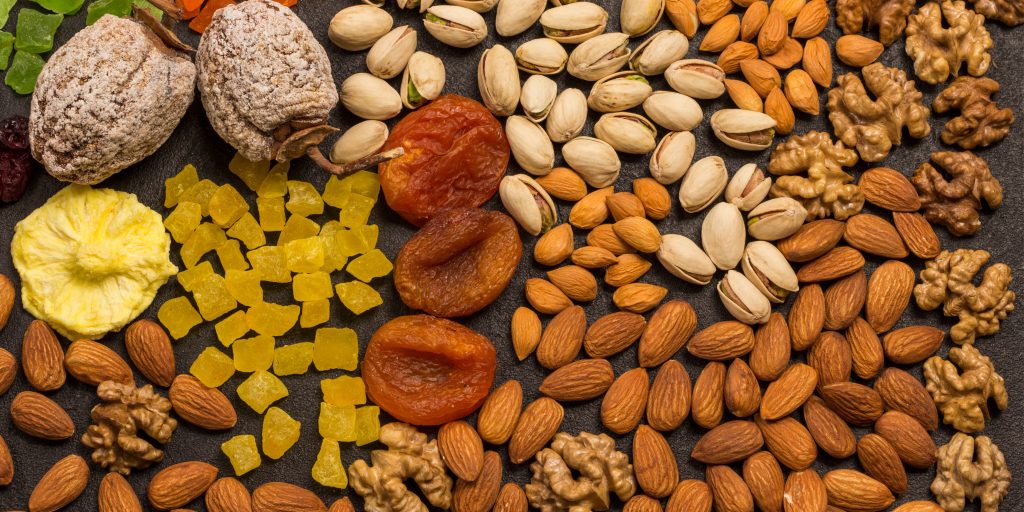No products in the cart.
Uncategorized
The little-known nut that may save at-risk rainforests
Food scientist Marcello Giannuzzi asks an intriguing question.
“What do Italy and the Indonesian rainforests have in common?” he says. “Gelato,” he quickly answers himself with a smile.
While few of us would make a connection between Italian ice cream, and Indonesia’s tropical forests, Mr Giannuzzi is forging one thanks to a nut that is little-known outside of the Asian country, or even within.
The nut in question is called kenari, and it grows on the tree of the same name, which is native to northern and eastern islands and regions of Indonesia.
tonnes, to put it into context, California produced 1.18 million tonnes of almonds this year.
Husband and wife business owners Felix Kusmanto and Debby Amalia King describe themselves as “pioneers of kenari”.
Their Jakarta-based business Kawanasi has been selling the nuts in dried form under the brand name East Forest Kenari Nuts for the past six years in Indonesia. It now also exports to the US, Canada, Singapore, New Zealand and Japan, and will soon also ship to the UK and EU.
Felix Kusmanto and Debby Amalia King are evangelical about kenari trees and nuts
Like Nth Wonder it also sources its kenari from Alor Island.
“Before, locals saw kenari trees as having no economic value… other than chopping them down for timber,” says Ms King. “We want to build a sustainable path for locals to walk into the rainforest to harvest kenari without ruining the jungle.
“We really want to educate the young people that this is a very good opportunity to go back to your village, and we also want to support education. These are very long-term goals for us.”
However, she adds that she wants to see the harvesting of the nuts remain based on wild trees, and the planting of kenari farms, where new trees would start producing nuts in their seventh year.
“We don’t want a mono-culture farm like almonds,” says Ms King.
Their company is now producing 20 tonnes of dried kenari per month. The nuts are shelled on Alor, with final processing done in a factory near Jakarta. It sells them both unsalted and salted, and with additional flavours such as cacao and cinnamon, and spicy salted caramel.
East Forest Nuts kenari
IMAGE SOURCE,EAST FOREST KENARI NUTS
Image caption,
East Forest Nuts’ dried kenari are now exported to countries around the world
Kawanasi is also continuing to work with the Indonesian government to promote the nuts both inside the country and overseas, where it has participated in a number of international food fairs.
Prof Helen Wallace is one of the world’s leading authorities on the kenari, and its sister trees and nuts, the pili and galip. These very similar trees are native to the Philippines and Papua New Guinea respectively.



